In June, I was invited to play a show for an exceptional event; a music, literature and film festival dedicated to politically nondominant (‘minority’) languages, called “Etnosfera.” It was one of the rare and delicious moments where my research as an anthropologist fully intersected with my world as a traveling singer-songwriter. It is something I wanted to and want to savor.
The show was in the small northern Sardinian village of Aggius, a town of about 1400 people where Gallurese, a language that shares similarities with Corsican and is neither Sardinian nor Italian, is spoken. So, although vibrant in the regions where it is spoken, in Sardigna, Gallurese is a minority within a linguistic minority. As I did my soundcheck with my duo partner for the night, bassist and composer Sebastiano Dessanay, I heard many people, young and old, speaking to one another exclusively in Gallurese. This is a big change when compared to many other places in Sardigna, where Italian has become the dominant language over Sardinian!
In a small, granite piazza, on a stage flanked by a sculpture by the Sardinian multimedia artist Maria Lai, a group of around fifty village residents gathered; some older women gathered on the balconies, above the piazza, the perfect bird’s eye view. Others came with strollers, their babies napping as they listened to the show. Sebastiano and I played a show mixing original songs from Sardigna, Italy, Norway, Navajo Nation, New Mexico and the American south. We also added in a few country covers, including Merle Haggard’s “Silver Wings” and Charley Pride’s “Is Anybody Going to San Antone,” but we changed the chorus to reflect a Sardinian landscape, singing “Is anybody going to Sant’Antonio, od Aggius, Gallura” (Is anybody going to Sant’Antonio, or Aggius, Gallura) instead of the standard chorus words, “Is anybody going to San Antone (Texas)”?
As I visited with friends and took photos around the village with the beautiful granite statues sprinkled throughout the town and listened to the music of Emanuele Pintus as he sang in alternative rock in Sardinian, I was able to live into the world of this small village, all alleys and angles and cobblestones with new secrets, like the museums in little stone huts of ‘Banditismo’ (banditry) and ‘Amore Perduto’ (lost love) around each corner. As my friend Nike might say, “Aggius e’ molto suggestivo!” (Aggius is really evocative/has a beautiful ambience).
After the show, out of breath and caught up selling my CDs and trying to greet various friends that had driven from far away to attend the show (I was leaving Sardinia the next day), I almost missed one of the most important micro-moments in my musical life as a songwriter. An older woman listening to the show from a balcony up above had just come down to the piazza, and wanted to introduce herself. In Italian, Zia Tonina said to me, “I am ninety years old, and I am about to die. Tonight, you gave me a gift I will always remember. You are a master (padrona) of your voice and of your instrument. Brava!”
I have been blessed in this life in sharing connections with some feisty and amazing older female mentors, including my paternal grandmother, Jacqueline Clark Jacobsen, my Navajo language teacher, shimáyée’ Shirley Ann Bowman, and my Sardinian language teacher, Franzisca Manca. And, wherever I travel, I am consistently drawn to elders and their stories. As I think about why I write songs and why I (sometimes!) love to perform them, it is moments like this that remind me why I do it, and why I drove seven hours, from the southernmost to the northernmost part of Sardigna, to play this gig, they day before I was to depart for a month-long hiking trip in Spain. I did it to show up for the possibility of moments and connections like this moment with Zia Tonina, a moment I didn’t now would happen but for which, when you show up, you open up the possibility for. The rest is timing, luck, and the presentness of your audience. They don’t always happen, and when they do, they are sacred and rare. For me, songs are about reaching that one person, they are about making the personal universal, and they are about showing up for ourselves and for those around us that we haven’t yet met with full hearts, an open gaze and light in our eyes. Grazie, Zia Tonina!
~Thank you to Zia Tonina Serra and festival organizers Marco Lutzu, Diego Pani, and Ottavio Nieddu, and to Paolo Sanna and the ProLoco of Aggius for their warm hospitality~
The show was in the small northern Sardinian village of Aggius, a town of about 1400 people where Gallurese, a language that shares similarities with Corsican and is neither Sardinian nor Italian, is spoken. So, although vibrant in the regions where it is spoken, in Sardigna, Gallurese is a minority within a linguistic minority. As I did my soundcheck with my duo partner for the night, bassist and composer Sebastiano Dessanay, I heard many people, young and old, speaking to one another exclusively in Gallurese. This is a big change when compared to many other places in Sardigna, where Italian has become the dominant language over Sardinian!
In a small, granite piazza, on a stage flanked by a sculpture by the Sardinian multimedia artist Maria Lai, a group of around fifty village residents gathered; some older women gathered on the balconies, above the piazza, the perfect bird’s eye view. Others came with strollers, their babies napping as they listened to the show. Sebastiano and I played a show mixing original songs from Sardigna, Italy, Norway, Navajo Nation, New Mexico and the American south. We also added in a few country covers, including Merle Haggard’s “Silver Wings” and Charley Pride’s “Is Anybody Going to San Antone,” but we changed the chorus to reflect a Sardinian landscape, singing “Is anybody going to Sant’Antonio, od Aggius, Gallura” (Is anybody going to Sant’Antonio, or Aggius, Gallura) instead of the standard chorus words, “Is anybody going to San Antone (Texas)”?
As I visited with friends and took photos around the village with the beautiful granite statues sprinkled throughout the town and listened to the music of Emanuele Pintus as he sang in alternative rock in Sardinian, I was able to live into the world of this small village, all alleys and angles and cobblestones with new secrets, like the museums in little stone huts of ‘Banditismo’ (banditry) and ‘Amore Perduto’ (lost love) around each corner. As my friend Nike might say, “Aggius e’ molto suggestivo!” (Aggius is really evocative/has a beautiful ambience).
After the show, out of breath and caught up selling my CDs and trying to greet various friends that had driven from far away to attend the show (I was leaving Sardinia the next day), I almost missed one of the most important micro-moments in my musical life as a songwriter. An older woman listening to the show from a balcony up above had just come down to the piazza, and wanted to introduce herself. In Italian, Zia Tonina said to me, “I am ninety years old, and I am about to die. Tonight, you gave me a gift I will always remember. You are a master (padrona) of your voice and of your instrument. Brava!”
I have been blessed in this life in sharing connections with some feisty and amazing older female mentors, including my paternal grandmother, Jacqueline Clark Jacobsen, my Navajo language teacher, shimáyée’ Shirley Ann Bowman, and my Sardinian language teacher, Franzisca Manca. And, wherever I travel, I am consistently drawn to elders and their stories. As I think about why I write songs and why I (sometimes!) love to perform them, it is moments like this that remind me why I do it, and why I drove seven hours, from the southernmost to the northernmost part of Sardigna, to play this gig, they day before I was to depart for a month-long hiking trip in Spain. I did it to show up for the possibility of moments and connections like this moment with Zia Tonina, a moment I didn’t now would happen but for which, when you show up, you open up the possibility for. The rest is timing, luck, and the presentness of your audience. They don’t always happen, and when they do, they are sacred and rare. For me, songs are about reaching that one person, they are about making the personal universal, and they are about showing up for ourselves and for those around us that we haven’t yet met with full hearts, an open gaze and light in our eyes. Grazie, Zia Tonina!
~Thank you to Zia Tonina Serra and festival organizers Marco Lutzu, Diego Pani, and Ottavio Nieddu, and to Paolo Sanna and the ProLoco of Aggius for their warm hospitality~
#ethnographicsongwriting #songsofsardigna #songandethnographyofthemediterranean #cuncorduesurosariu #cuncordusasenas #associazionesasenas #etnosfera #comunedisantulussurgiu #anticadimoradelgruccione #talkaboutrecords #songwriterinsardigna #minoritylanguages #houseonswallowstreet #sebastianodessanay #377project #aggius #sardigna #linguasarda #studyabroadsardigna #collaborativesongwriting
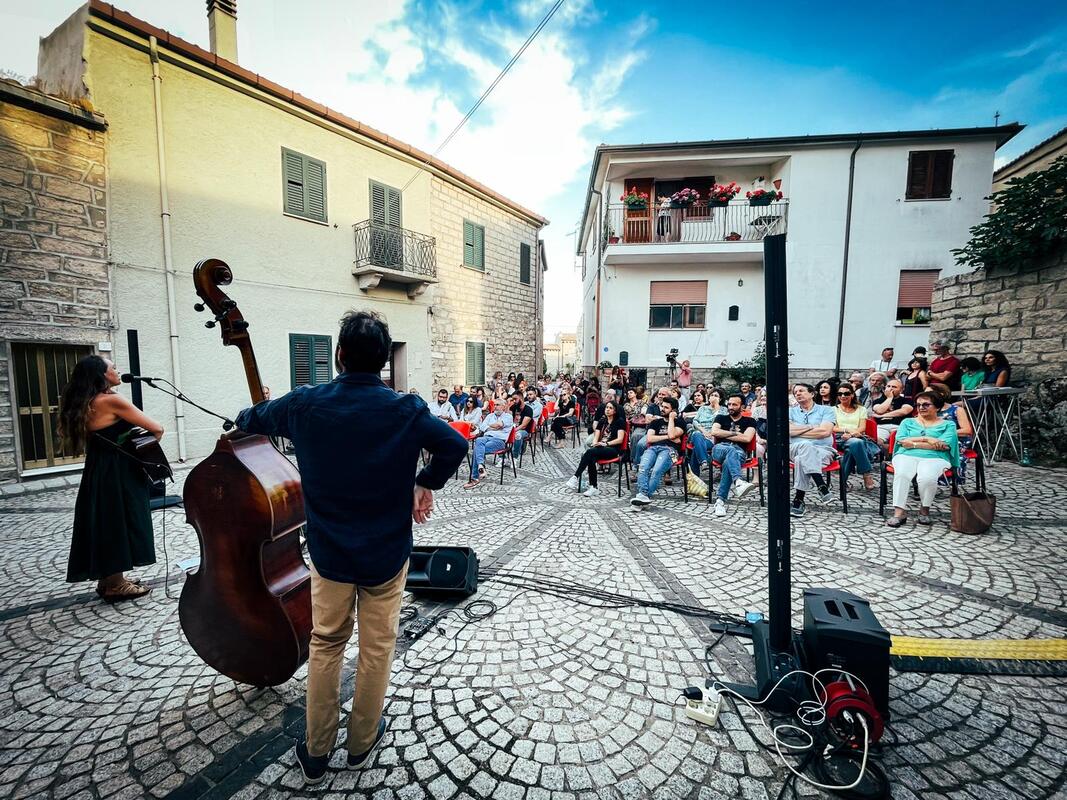
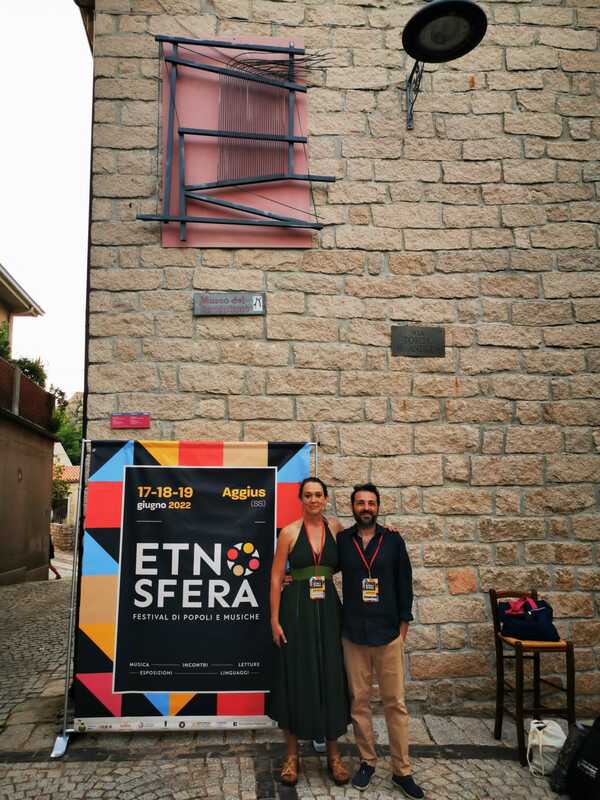
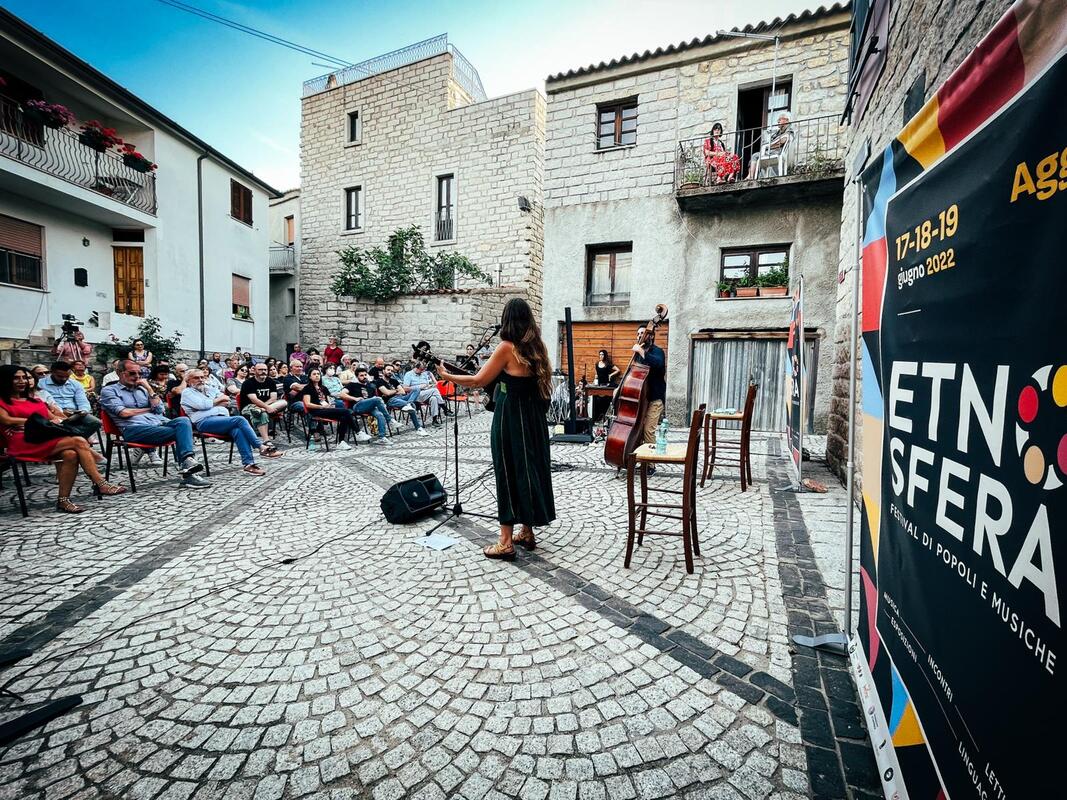
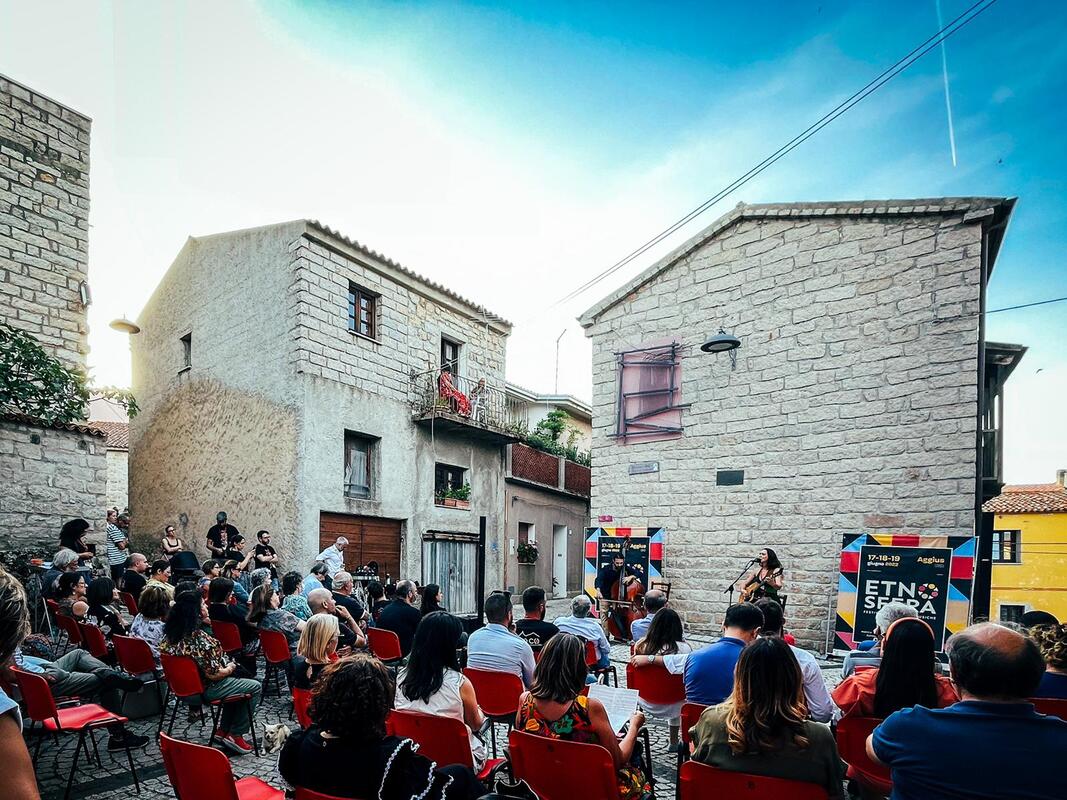
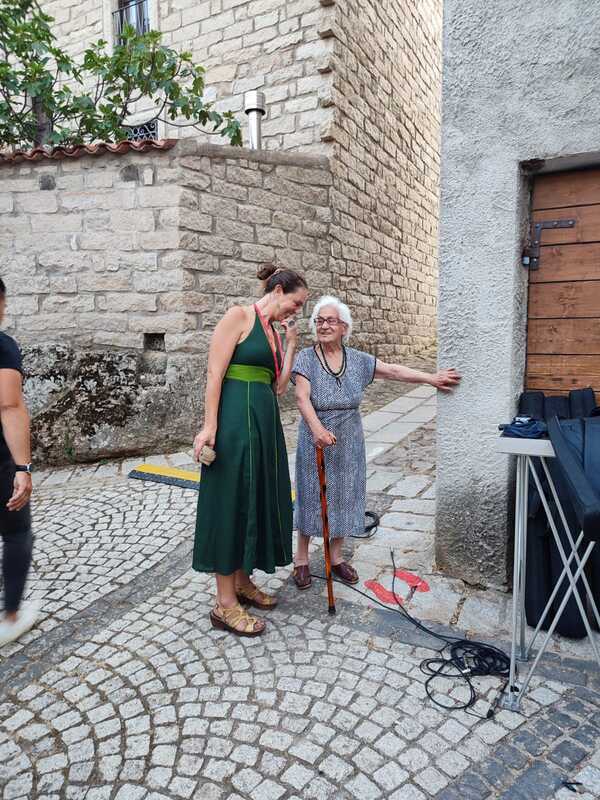
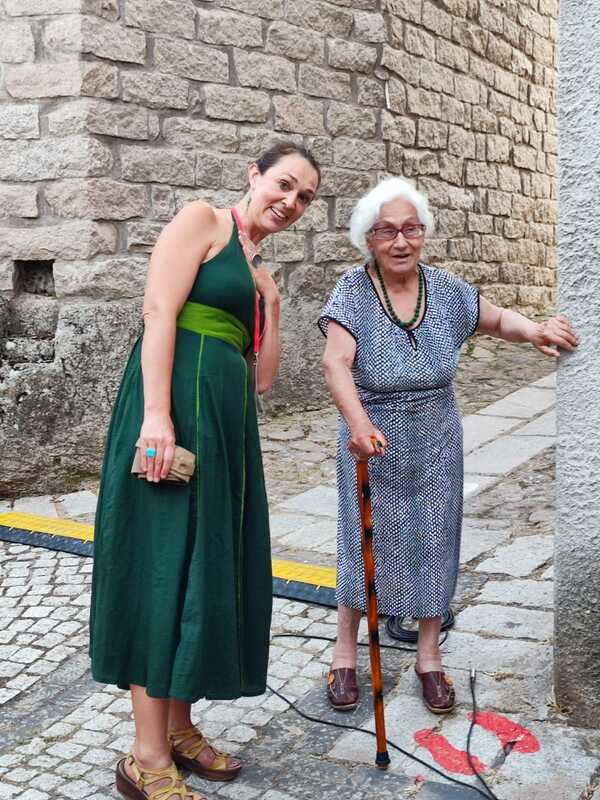
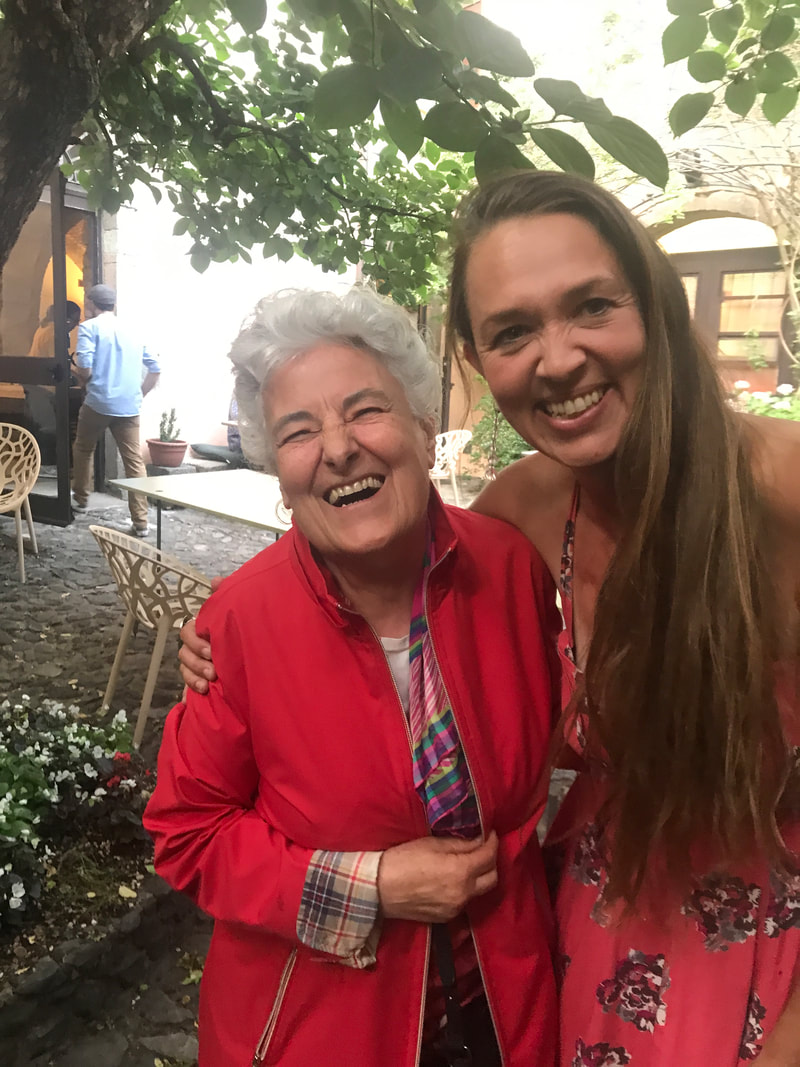
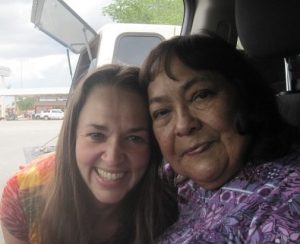
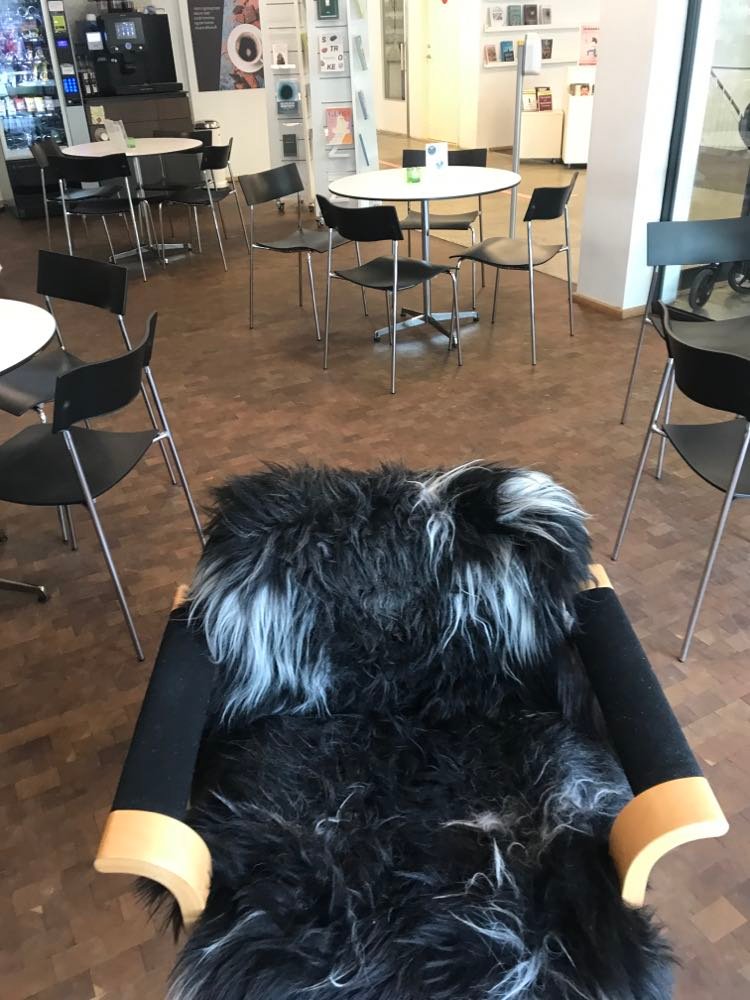
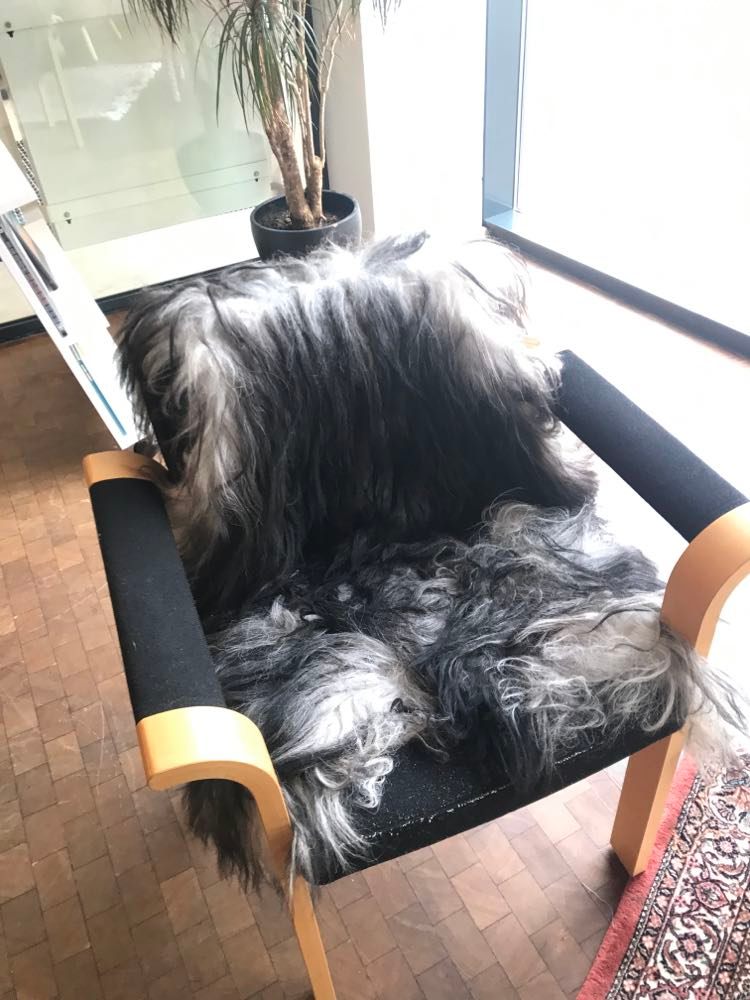
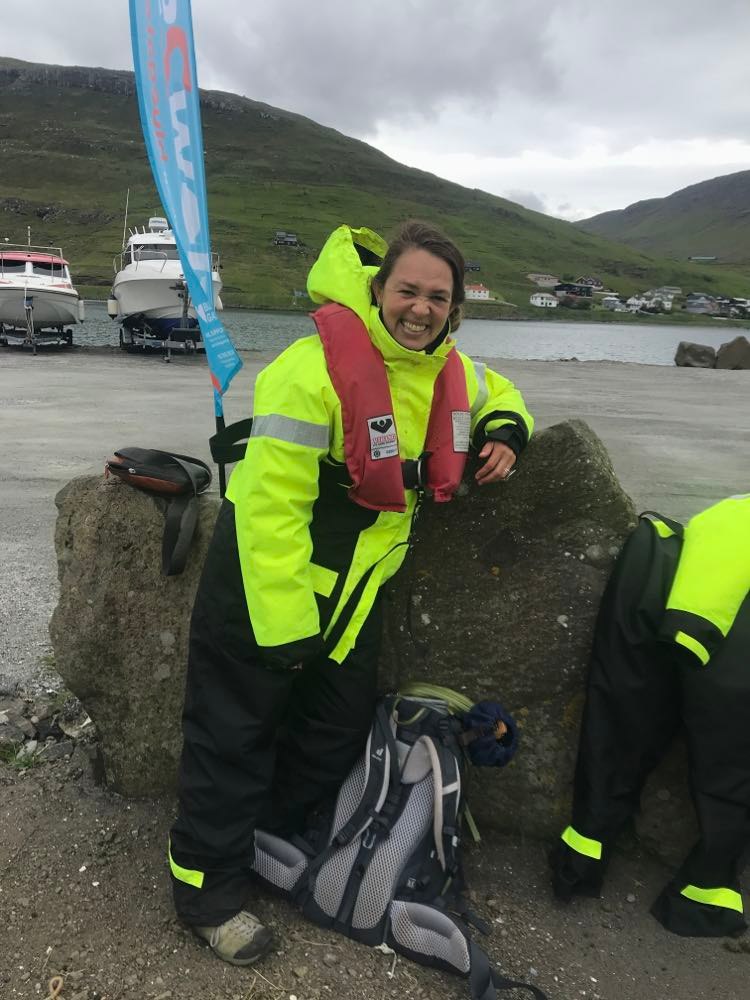
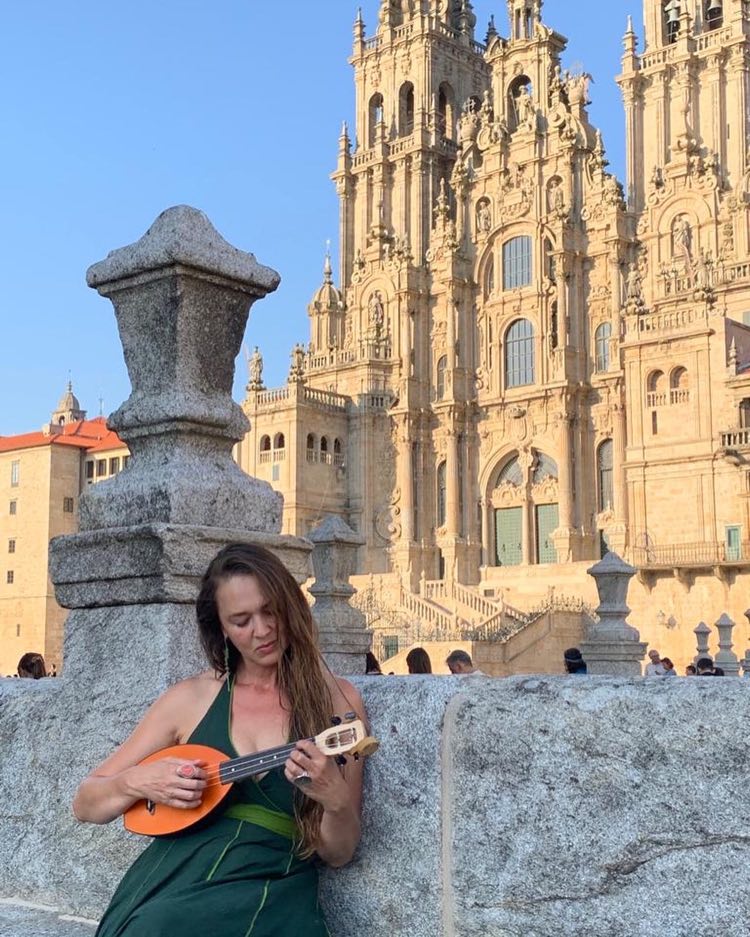
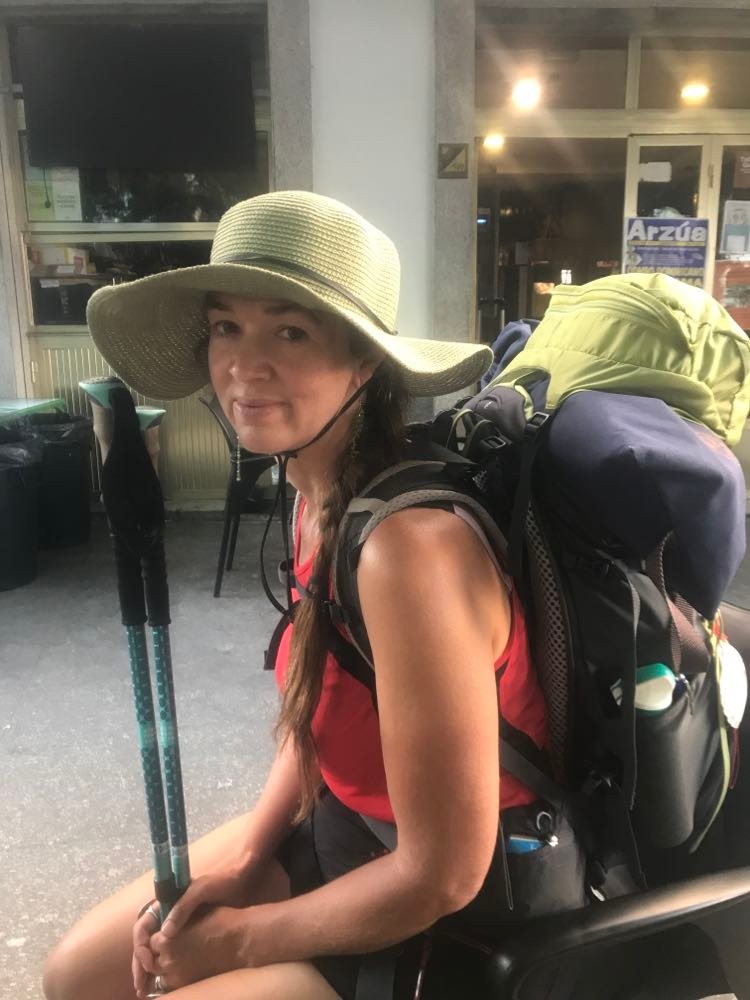
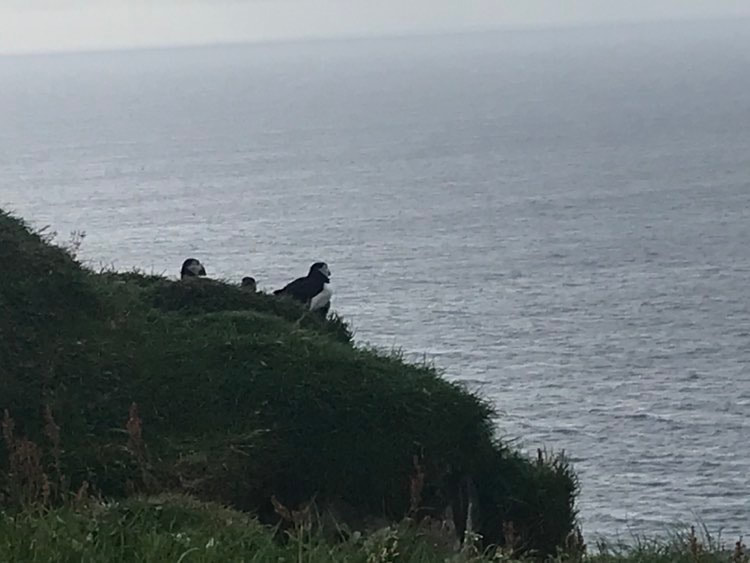
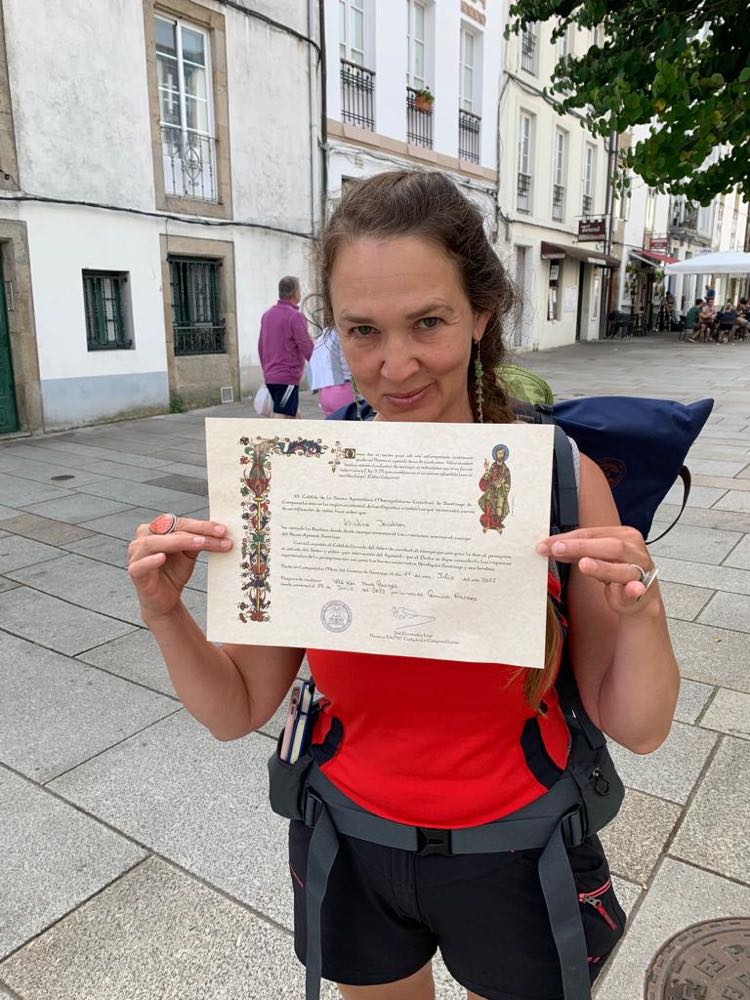
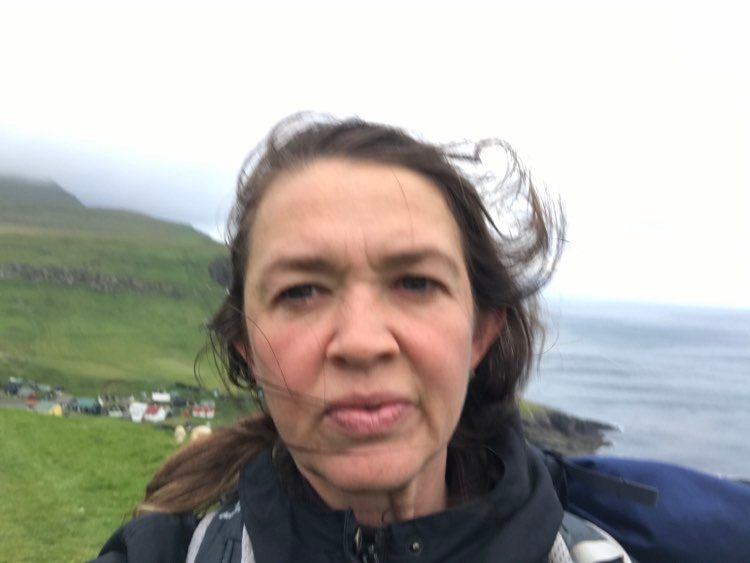
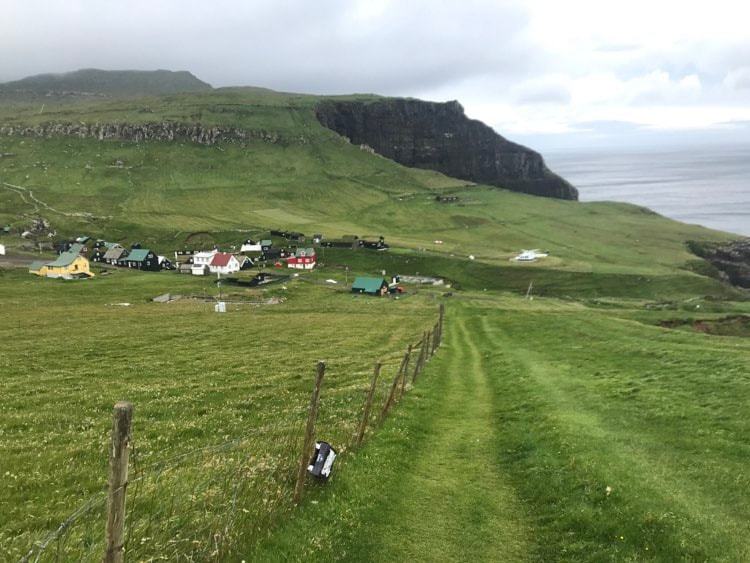
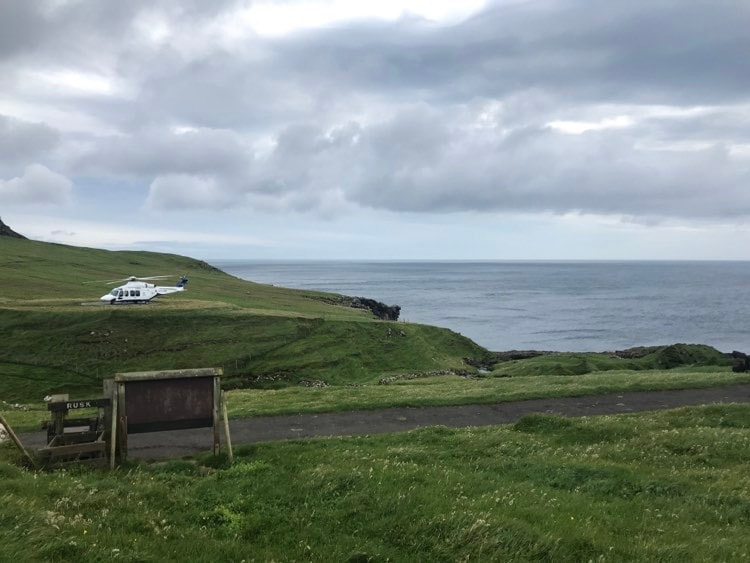
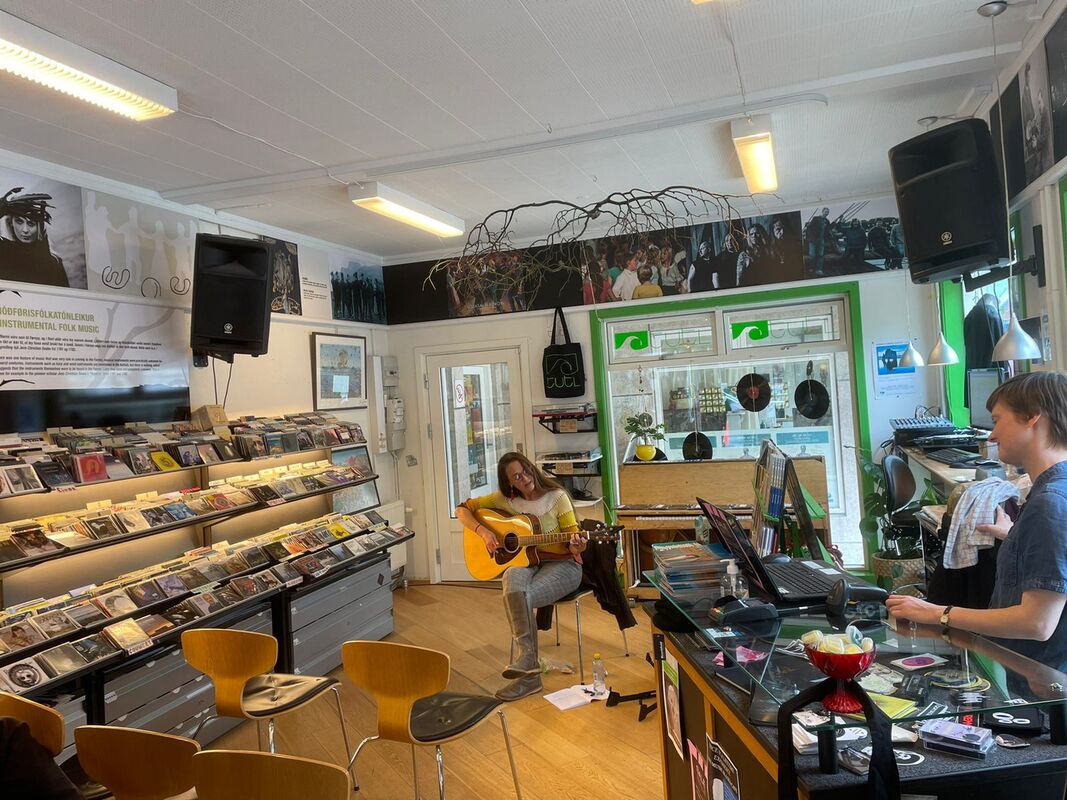
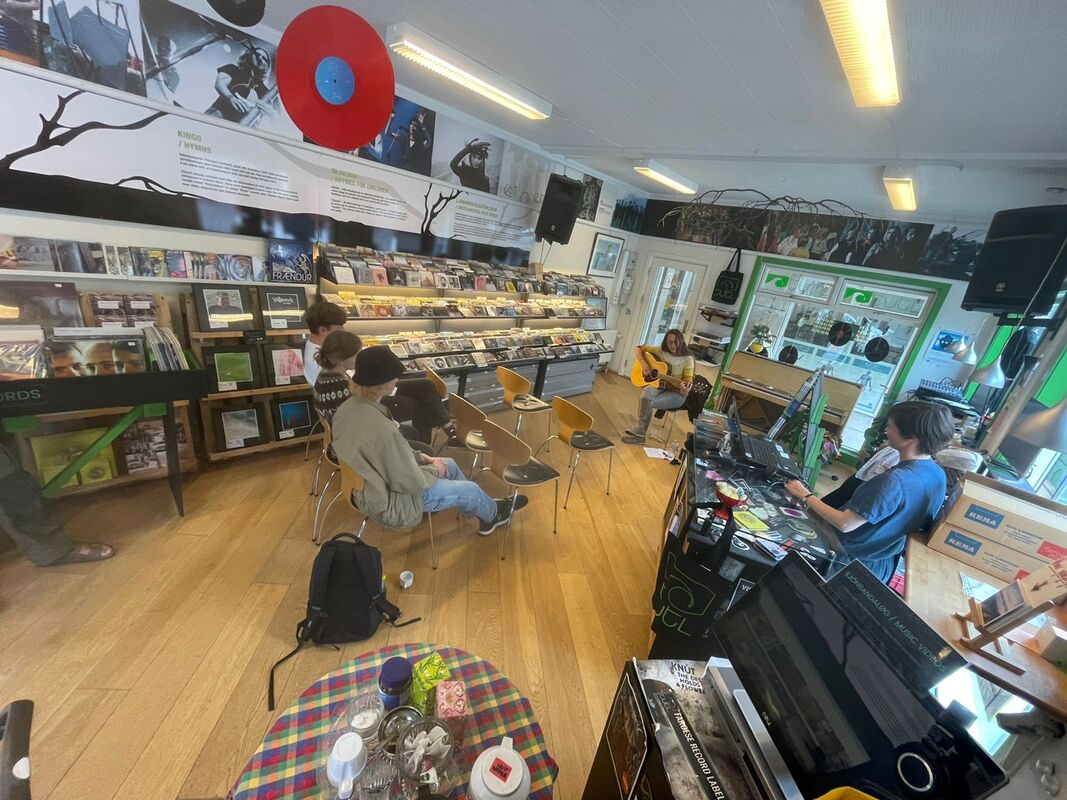
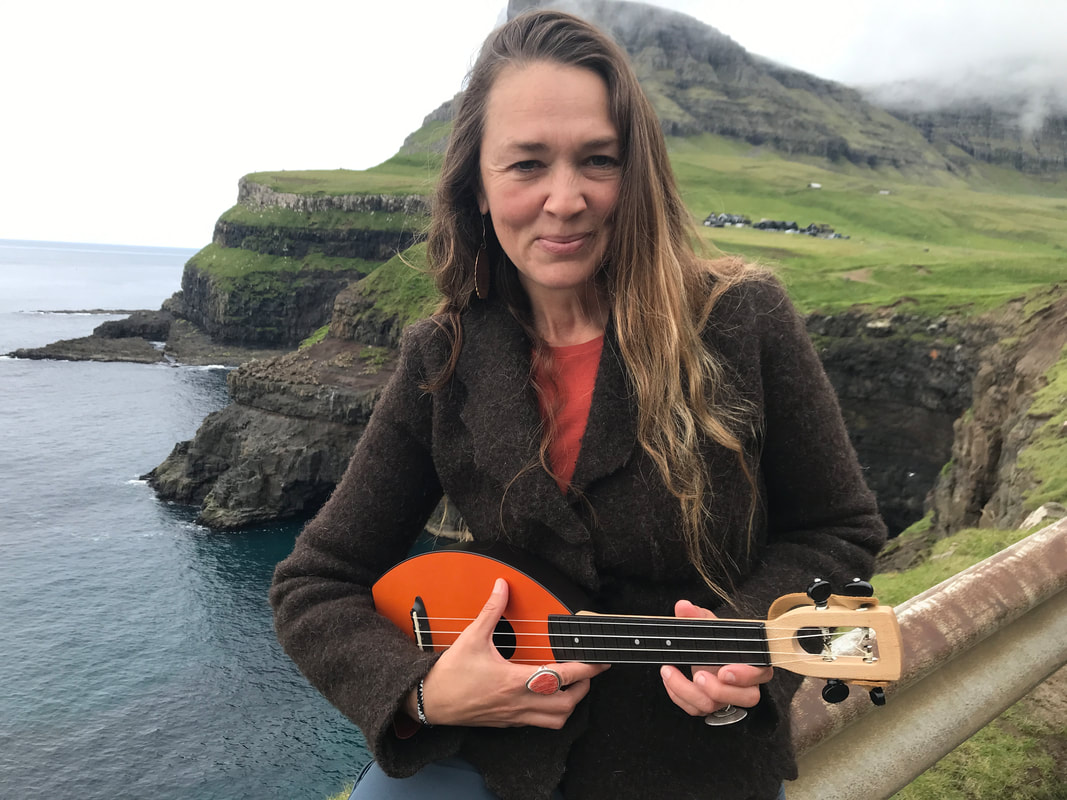
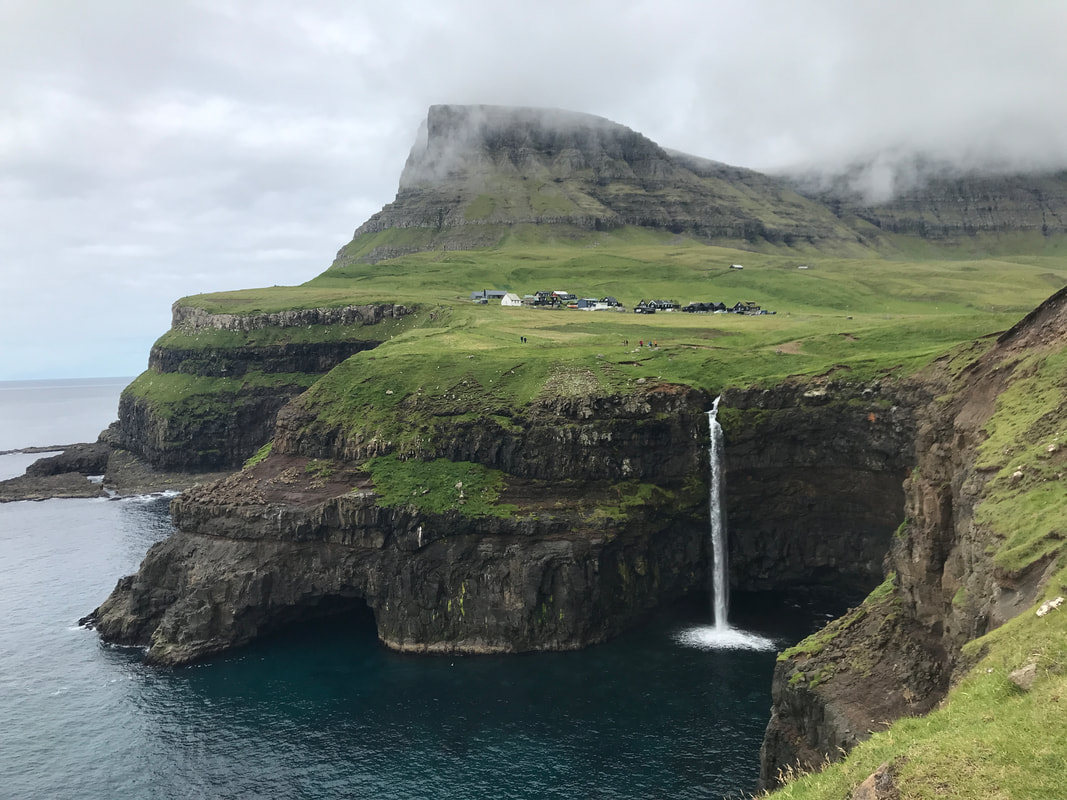
 RSS Feed
RSS Feed
